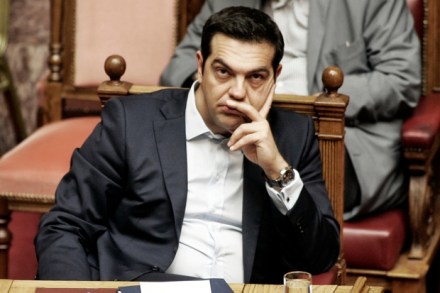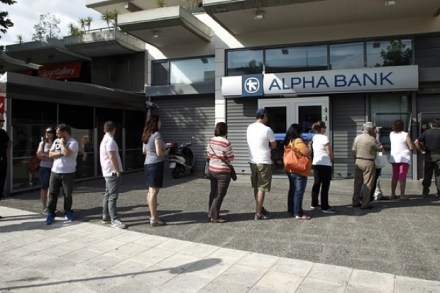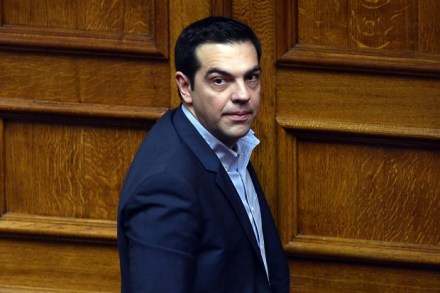Jean-Claude Juncker raises the stakes for the Greeks
Jean-Claude Juncker, the president of the European Commission, has suggested that if Greece votes No in the referendum on whether to accept the terms of a bailout, it will be voting not just to leave the Euro but the EU too. Juncker has clearly decided that the best thing to do is to put the pressure on for a Yes vote in the referendum on Sunday. A Yes vote would force the Syriza-led government to resign. At that point, a deal could—potentially—be done with the new Greek government. However, it is worth noting that any new deal would have to get through various Northern European parliaments which could be tricky. Meanwhile, Alexis




















